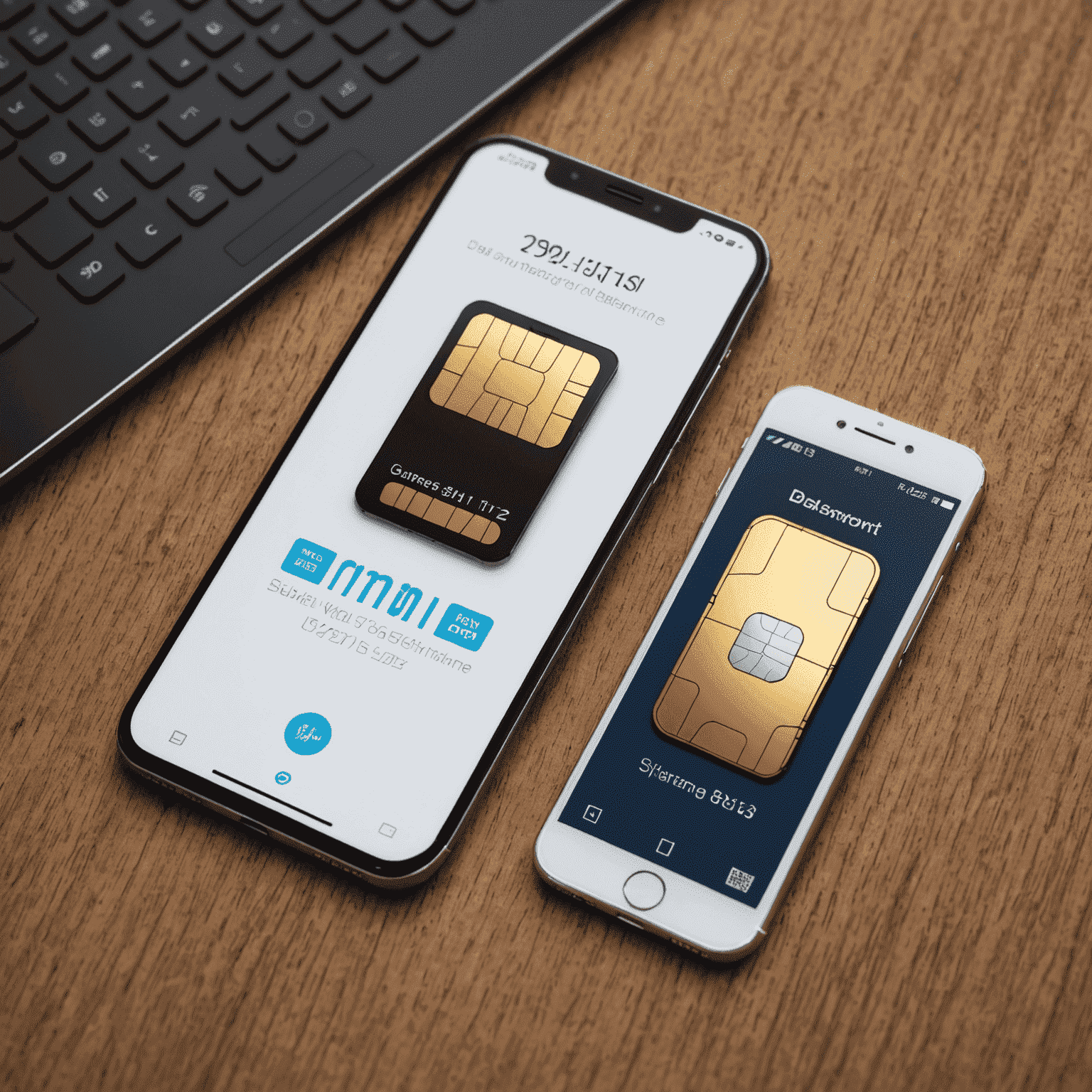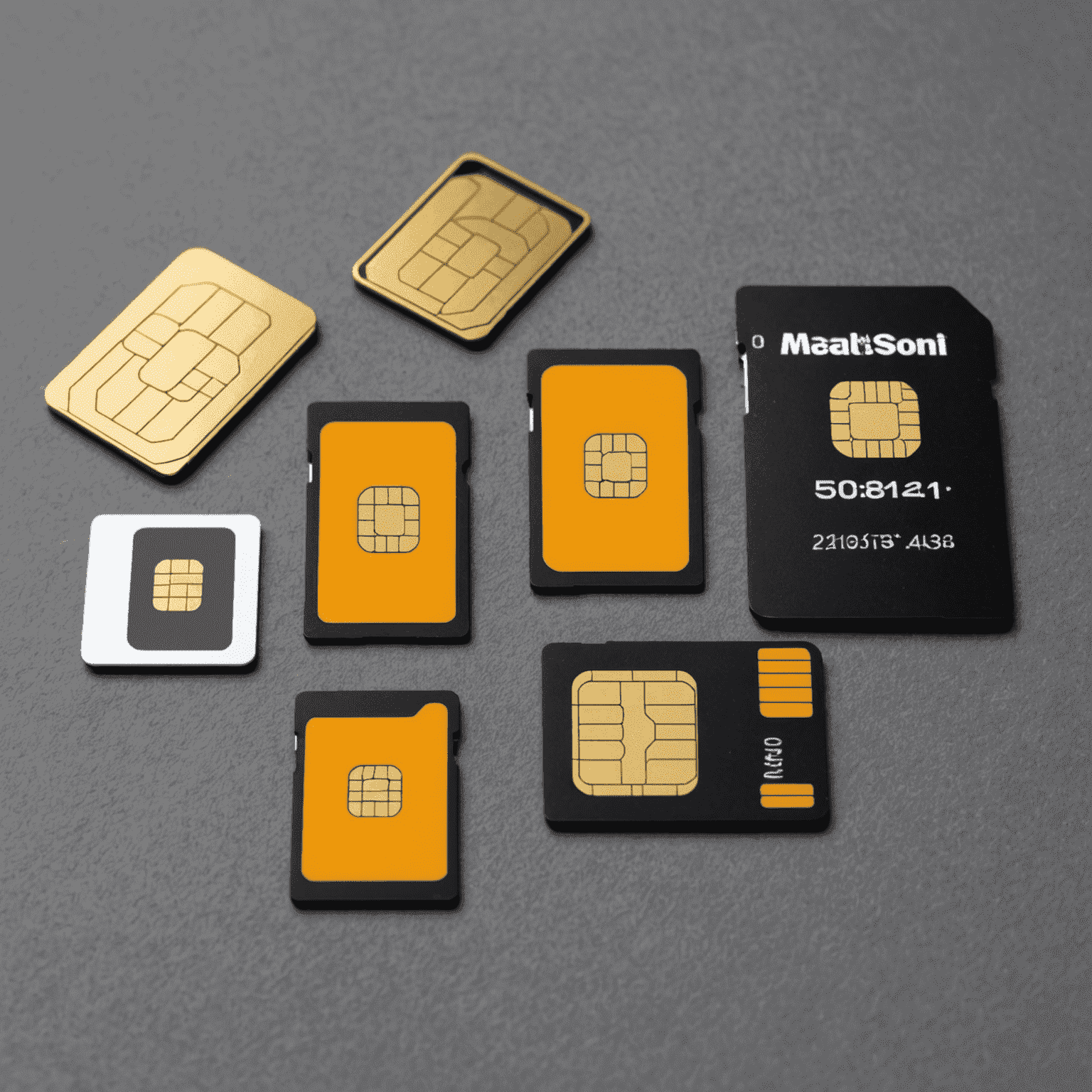SIM Card Technology Advancements: Improving Mobile Connectivity

As mobile technology continues to evolve, SIM card innovations are playing a crucial role in enhancing our connectivity experience. Let's explore the latest developments that are revolutionizing how we stay connected.
eSIM Technology
Embedded SIM (eSIM) technology is gaining traction, allowing users to switch between mobile operators without physically changing SIM cards. This advancement is particularly beneficial for frequent travelers and those seeking quick mobile recharges or payments, similar to services offered by providers like Etisalat.
Nano SIMs and Beyond
The evolution from standard SIMs to nano SIMs has allowed for slimmer device designs. Now, even smaller form factors are being developed, pushing the boundaries of miniaturization while maintaining robust connectivity.

Enhanced Security Features
Modern SIM cards come with advanced encryption and security protocols, safeguarding user data and preventing unauthorized access. This is especially crucial for services like quick payments and recharges, ensuring that transactions remain secure.
5G Compatibility
As 5G networks roll out globally, SIM card technology is adapting to support these high-speed connections. New SIMs are designed to handle the increased data throughput and lower latency of 5G networks, enabling faster reloads and quicker payment processing.
IoT Integration
SIM technology is expanding beyond smartphones to support the Internet of Things (IoT). Specialized SIMs are being developed to cater to the unique needs of IoT devices, from smart home gadgets to industrial sensors.

Environmental Considerations
The push towards eSIMs and smaller physical SIMs also has environmental benefits. It reduces plastic waste from discarded SIM cards and packaging, aligning with global efforts to minimize electronic waste.
Conclusion
As SIM card technology continues to advance, it's clear that the future of mobile connectivity is becoming more flexible, secure, and efficient. Whether it's facilitating quick recharges for services like Etisalat or enabling seamless IoT connections, these innovations are set to transform how we interact with our mobile devices and the world around us.